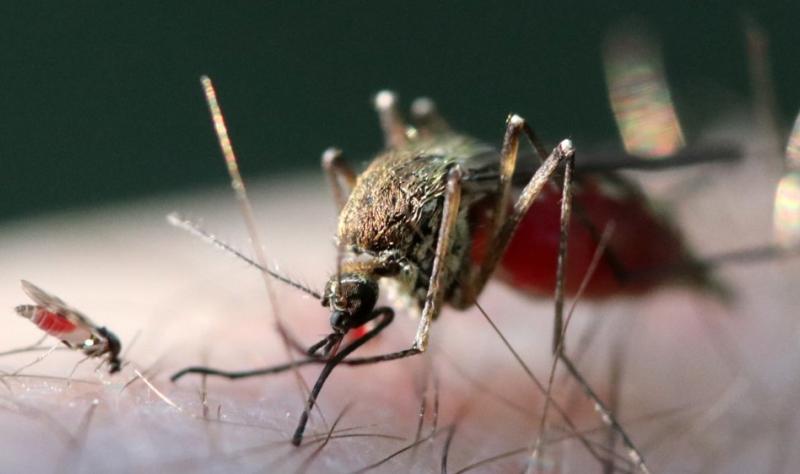Officials have confirmed 12,786 Oropouche cases in 11 countries in the Americas so far this year, according to an epidemiologic update from the Pan American Health Organization (PAHO) today, while the United Kingdom has logged its first-ever cases.
Five deaths in Brazil
Seven countries have documented local transmission and four have imported cases, PAHO said. Officials have confirmed five deaths, all in Brazil.
In 2024, the region recorded 16,239 cases across 11 countries and one territory, including 4 deaths, PAHO said. Last year, Brazil had 13,785 cases, including 4 deaths. This year’s deaths were in the states of Espirito Santo and Rio de Janeiro.
The virus, which is primarily transmitted by the Culicoides paraensis midge, made a resurgence in the Americas in 2023. As was seen last year, Brazil has the vast majority of this year’s cases (11,888), followed by Panama (501), Peru (330), Cuba (28), Colombia (26), Venezuela (5), and Guyana (1).
Imported cases have been reported in Uruguay, Chile, Canada, and the United States.
Though most patients recover within 2 to 3 weeks, as many as 60% will experience relapses, and in rare cases infections could lead to meningitis or encephalitis. Case-patients present with a high fever and headaches for the first week after infection, and can be mistaken for dengue patients.
The virus’s spread to non-endemic areas, such as urban regions in Cuba, is driven by factors like climate change
“The virus’s spread to non-endemic areas, such as urban regions in Cuba, is driven by factors like climate change, deforestation, and urbanization of forested areas, which boost the midge population,” PAHO said in a news release.
Travel-related cases in UK, plus chikungunya
Meanwhile, UK health officials today confirmed three Oropouche virus cases in people who had traveled to Brazil, the first ever in the country.
UK officials are also reporting twice as many travel-related chikungunya cases as they usually see this time of year. Cases have been identified in people who traveled to Sri Lanka, India, and Mauritius.
“A total of 73 cases were reported between January and June 2025. The same period in 2024 saw 27 cases. 2025 has the highest number of cases recorded in this period to date,” officials said.
Chikungunya is a mosquito-borne infection, with most patients experiencing fever and joint pain. Up to 12% of patients will still experience symptoms after 3 years.
“Chikungunya can be a nasty disease and we’re seeing a worrying increase in cases among travellers returning to the UK. While this mosquito-borne infection is rarely fatal, it can cause severe joint and muscle pain, headaches, sensitivity to light and skin rashes.” said Dr Philip Veal, a consultant at the UK Health Security Agency.
